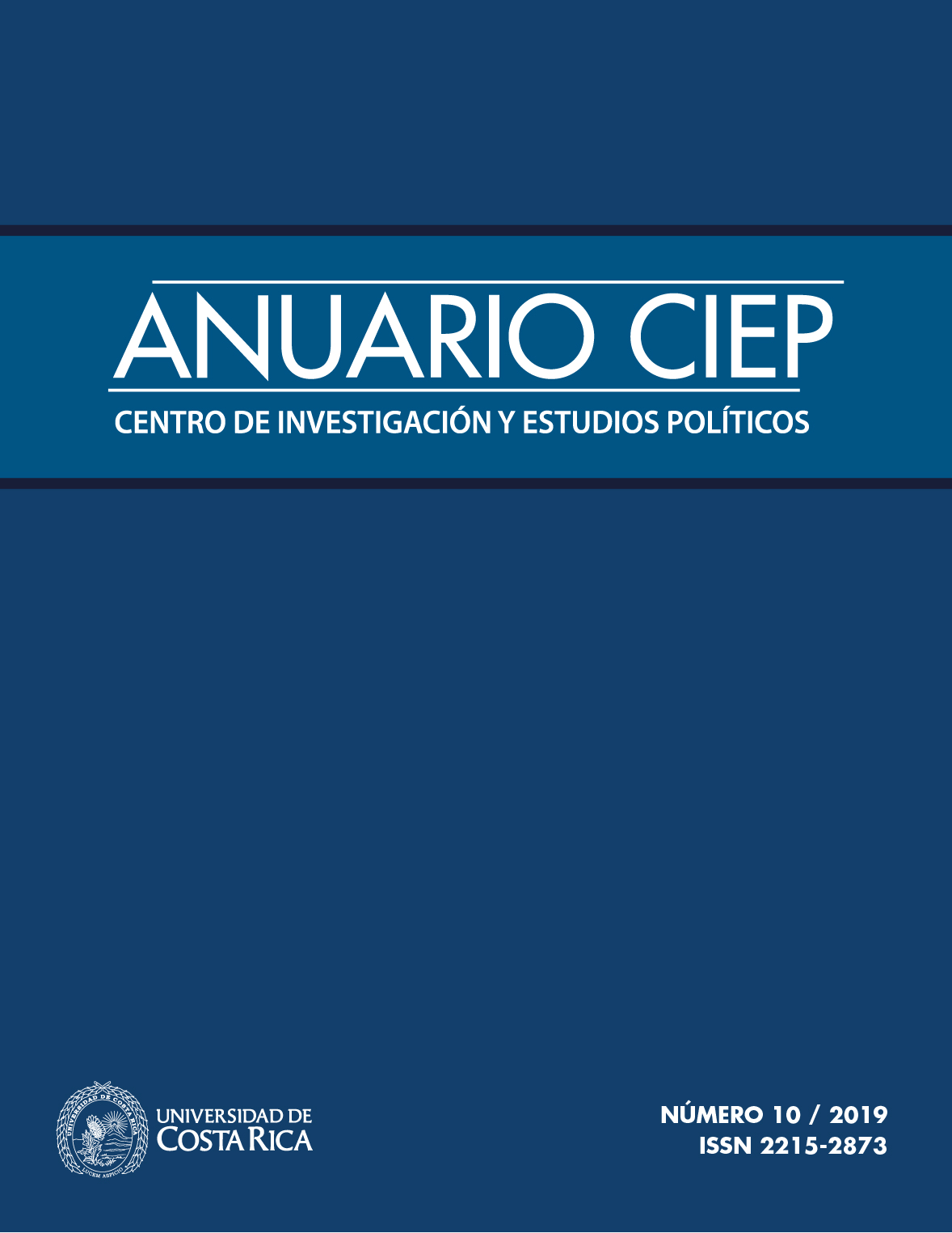Abstract
In Latin America, the State basically arbitrates, frequently with bias, family relationships grounded on gender and social inequalities. The lack of link between family law and (re)distributive policies that mediate these relationships has two negative consequences. First, it limits the effectiveness of state action in dealing with distributive struggles for time and money currently taking place in families. Second, it compromises ability to reduce inequalities. Improving state effectiveness requires going beyond family law to get fully involved in the transformation of gender relations. It also requires intervening to support fathers with precarious labor participation and mothers in need of economic autonomy. The article disaggregates a set of public policy consistent with facing this challenge and concludes by summarizing the implications that doing so would have for socioeconomic and gender equality.

